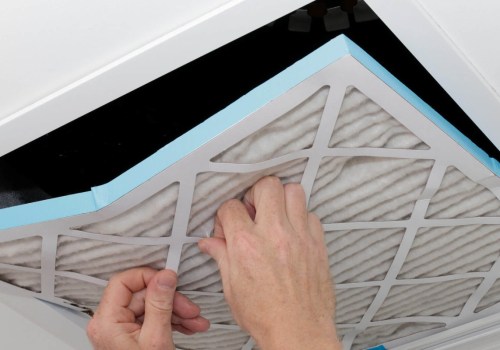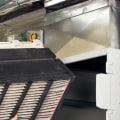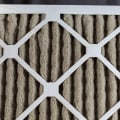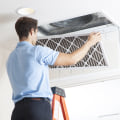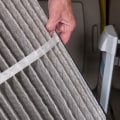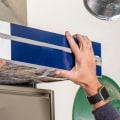When it comes to air filtration, the MERV rating is an important factor to consider. MERV 8 and MERV 11 filters are two of the most popular options, but which one is best for your home? MERV 8 filters are designed to capture particles between 3.0 and 10.0 microns in size, such as dust, pollen, and mold spores. They are considered a superior filtration compared to air filters with a lower MERV rating. In many cases, a MERV 8 air filter is more than adequate for most households.
However, if you are concerned about outdoor air pollution, family members with respiratory problems, or pets in the house, then a higher MERV rating might be a good idea. MERV 11 filters are more efficient than MERV 8 filters because they can capture smaller particles. They offer additional protection against pet dander, dust mites, self-emissions, and dust that damages the lungs. This is a good option for homes with pets or those looking for even better air quality than what the MERV 8 can provide.
MERV values greater than 13 are generally for hospitals, manufacturing plants, and other environments that have high air quality requirements. MERV 11 filters are an excellent choice if you need to take your filtration to the next level without restricting airflow too much. Another option is to use a MERV 8 or 11 filter and add an air purifier to your home designed to remove impurities that cause allergies. Using an air filter with a MERV rating that is too high is just as bad as using one that is too low.
The best MERV rating for your home will depend on what you want to filter and the amount of airflow your HVAC system needs to operate. In conclusion, if you're looking for superior filtration and protection against pet dander, dust mites, self-emissions, and dust that damages the lungs, then a MERV 11 filter is the best choice for your home. However, if you're looking for basic filtration and don't have any special needs or concerns about air quality, then a MERV 8 filter should be sufficient.

